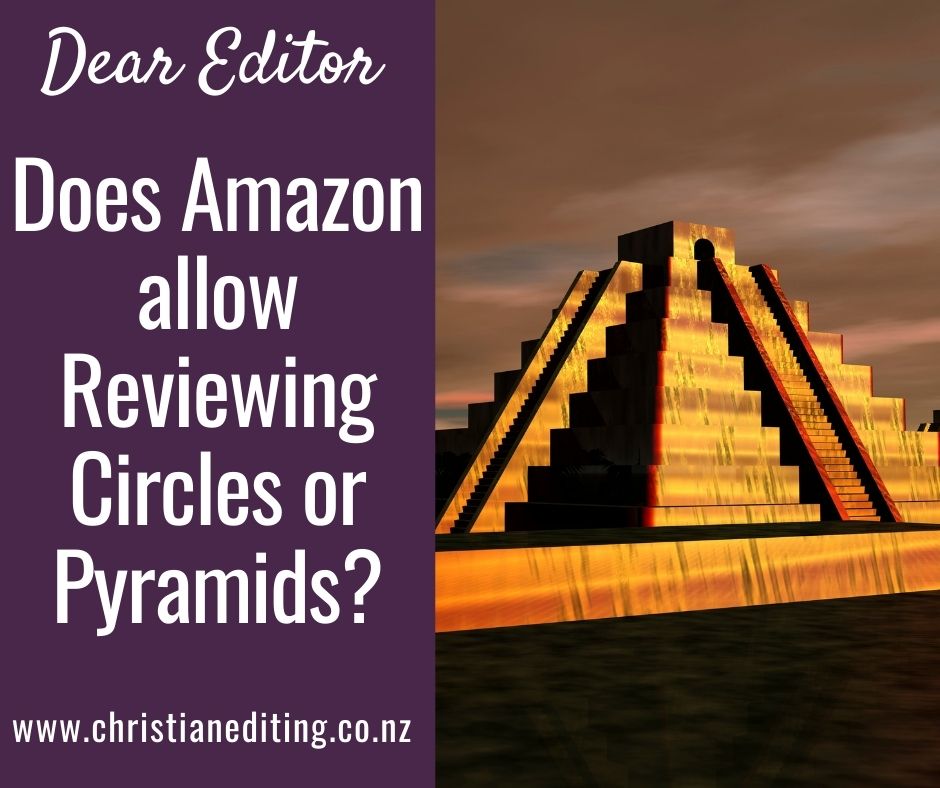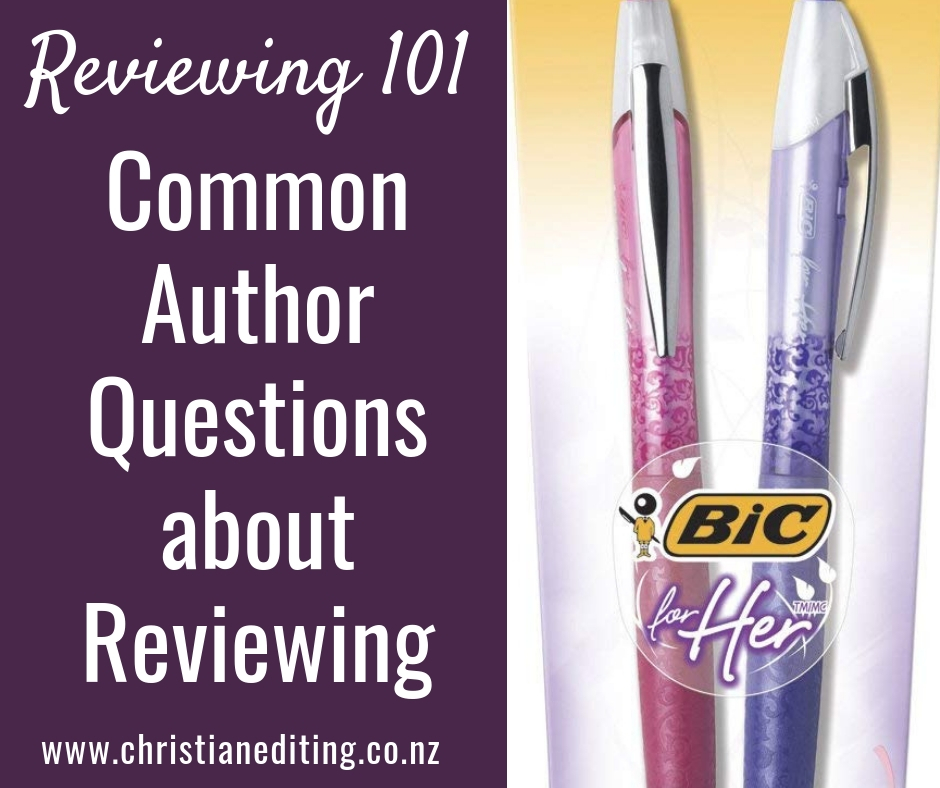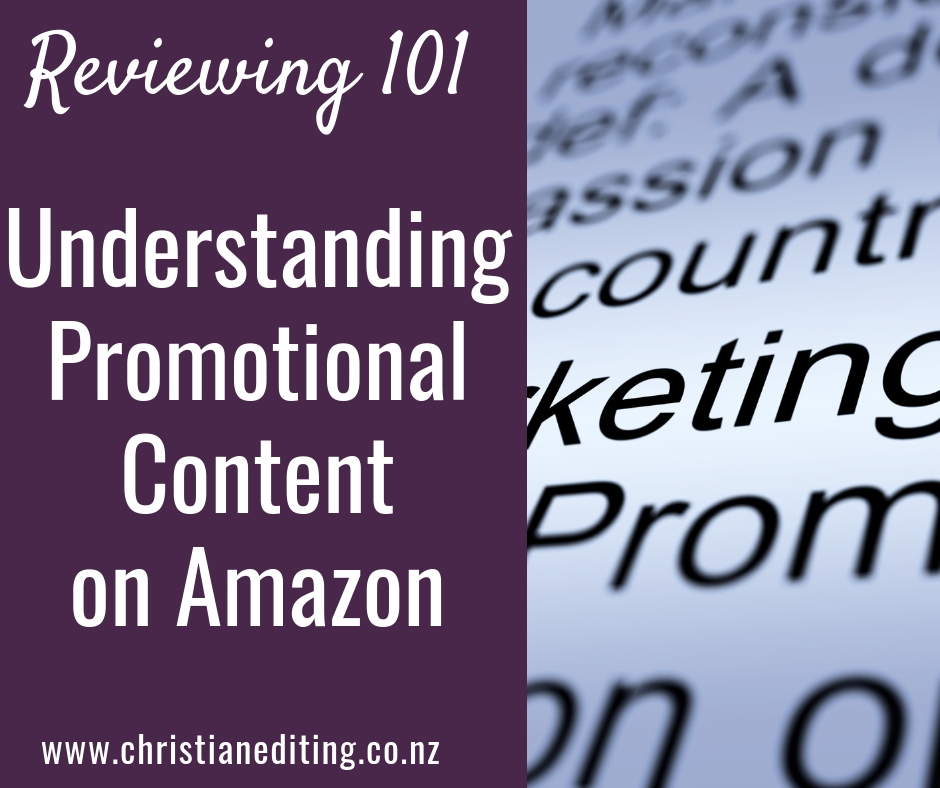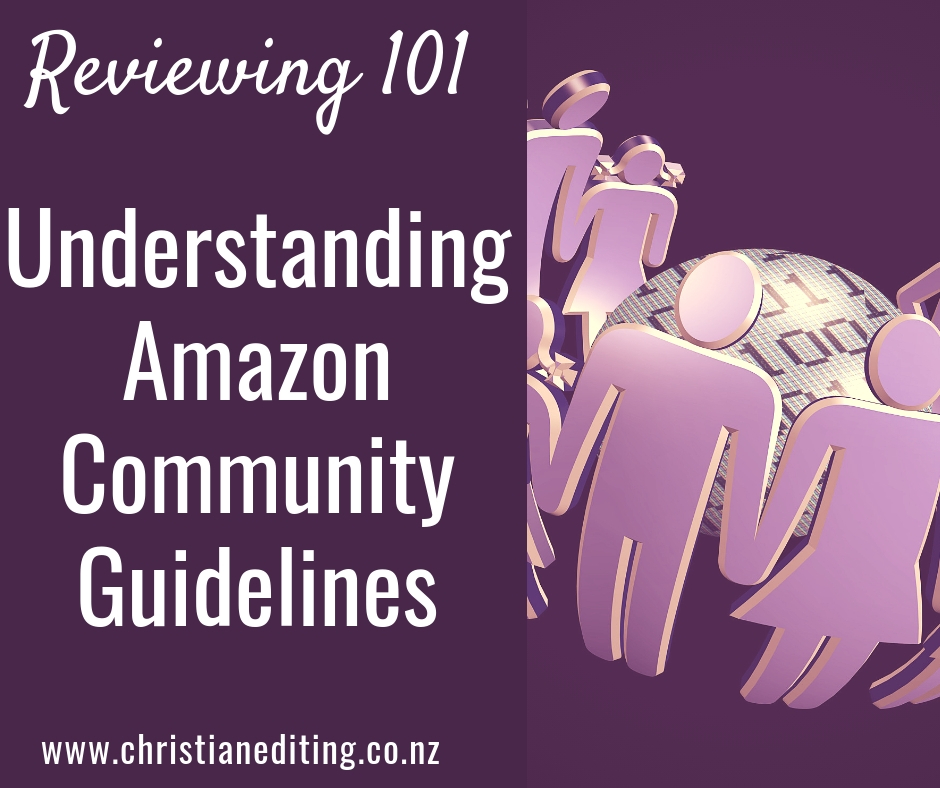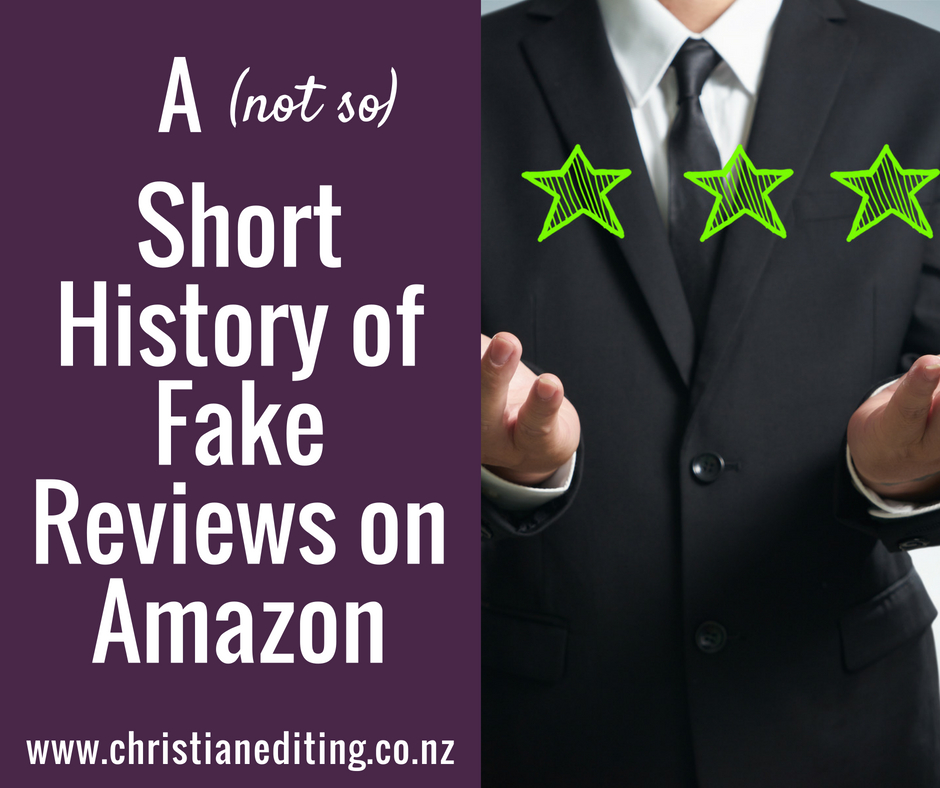It seems that someone asks this question every month or so on one or other of the writing groups I’m in on Facebook:
Are Reviewing Circles allowed under Amazon’s Reviewing Guidelines?
First, let’s define a reviewing circle (which I have also recently seen described as a reviewing pyramid). A reviewing circle is an attempt to get around Amazon’s “guidelines” prohibiting review swaps, where two authors agree to give each other a five-star review. Amazon says:
The following are types of reviews that we don’t allow and will removed:
- A positive review from an artist on a peer’s album in exchange for receiving a positive review from them.
- Amazon also prohibit giving a negative review on a competitor’s product, which leaves authors no way out: they can’t swap positive reviews, and one can’t leave a negative review to prevent them swapping positive reviews. Basically, if you’ve reviewed a book by another author, they shouldn’t review your books (and vice versa).
- Over the years, many authors have tried a variety of shady tactics to boost their five-star reviews.
- Over the years, Amazon have tightened their rules to forbid most of these tactics.
- Reviewing circles and pyramids are one of these shady tactics.
The basic principle of a reviewing circle is that authors are not swapping reviews. Instead, they are each reviewing a book by a different member of the circle:
- Author A reviews a book by Author B
- Author B reviews a book by Author C
- Author C reviews a book by Author D
- Author D reviews a book by Author A
In the first round of reviews, the authors are not swapping reviews no author is reviewing a title by the author reviewing their book. The problem arises in the subsequent rounds of reviewing, especially if the reviewing circle is only a small group of authors: it doesn’t take long before the authors will be reviewing a title by an author who has already reviewed their title … which means it’s turned into a review swap.
To avoid this, the circle needs to continually attract more authors. This could be where the pyramid comes in: instead of working in a circle, authors could be asked to review the top book in a list, then take the top book off the list, add their own book to the list, then recruit X more authors to join the pyramid.
As with any pyramid scheme, the people at the top of the list get the most benefit, because the pyramid eventually runs out of people who could join (which is one reason why pyramid selling schemes are illegal).
But there are other reasons why a reviewing circle (or pyramid) is a bad idea:
Promotional Reviews
Amazon forbids what they call “promotional reviews”, which is basically any book review that’s intended to boost the book rather than provide an honest response from a reader:
We don’t allow anyone to write reviews as a form of promotion.
If the purpose of the reviewing circle is to get reviews to make your book seem better or more popular, then those reviews are promotional.
Reviewing Circles are Unethical
Some authors try to justify participating in a reviewing circle in that it’s not specifically against Amazon’s rules. Just because something is permitted (or isn’t prohibited … which I disagree with), doesn’t mean it’s right.
As an author, you might intend to be honest in your reviewing circle reviews: read the book from beginning to end, then write and publish an honest review with an honest star rating (even if that’s not five stars).
(Dis)honest Reviews
Reviewing circles can encourage dishonest reviews, and it’s not hard to see how this can happen. Take this example: you join a reviewing circle and get the first book you’re supposed to review. And it’s awful. It’s bad enough that the story isn’t a genre you read and that you don’t like the main character. But the author doesn’t seem to know how to spell or punctuate.
What do you do?
If you write an honest review, the author might take offence and give your book a negative review. The alternative is to not write an honest review.
Reviewing Circles Can Affect Also-Boughts
At the bottom of every sales page, Amazon lists the “also-boughts”, products that people who bought this product also bought. It’s a clever way to try and sell more: if you like Book A, then you might also like Books B and C, because lots of people who buy Book A also buy B and C.
Generally, the also-boughts are books by the same author or books in the same genre. This works in your favour, especially if your books are displayed as an also-bought for more popular books in your genre.
But it’s possible to “poison” your also-boughts e.g. by publishing in more than one genre, or by encouraging friends and family who don’t read your genre to buy your book. If you write sweet contemporary romance and the first three people to buy your book are people in your reviewing circle who usually read erotica and horror, what’s going to show on your also-boughts? Erotica and horror. That’s going to put off future sweet contemporary romance readers.
I’m no expert on also-boughts. If you want to find out more, I recommend this excellent series of blog posts from author David Gaughran.
Reviewing Circles Lead to AMS Targeting Issues
I’m also no expert on advertising, least of all Amazon advertising. But I am advised this behaviour will mess with the data Amazon uses to target advertisements, and make it harder (and therefore more expensive) to sell books through Amazon advertising.
Reviewing Circles Could Get You Banned
Anyone who has been watching the Amazon reviewing and selling ecosystem for any length of time has seen authors get banned for bad behaviour. Sometimes it’s done with a fanfare, and sometimes it’s done quietly.
Either way, it means the affected author is no longer allowed to sell from Amazon.
Reviewing Circles are Unnecessary
Yes, Amazon reviews are important.
Yes, we want to support our fellow authors.
But there are better ways to support an author than swapping reviews on Amazon. For example:
- Review their book on Goodreads.
- Review and recommend their book on BookBub (which may have the added advantage of helping them get a BookBub Featured Deal).
- Feature their book on your blog/website. this could be a book review, an author interview, or some other promotional content. It’s your website, so you can promote all you want.
- Promote their book on social media e.g. book quotes on Twitter, a #bookstagram post on Instagram, a mention or review on your podcast or BookTube channel, a #BookTok post on TikTok … the list goes on.
- Review or mention their book in your email newsletter.
… the list goes on.

